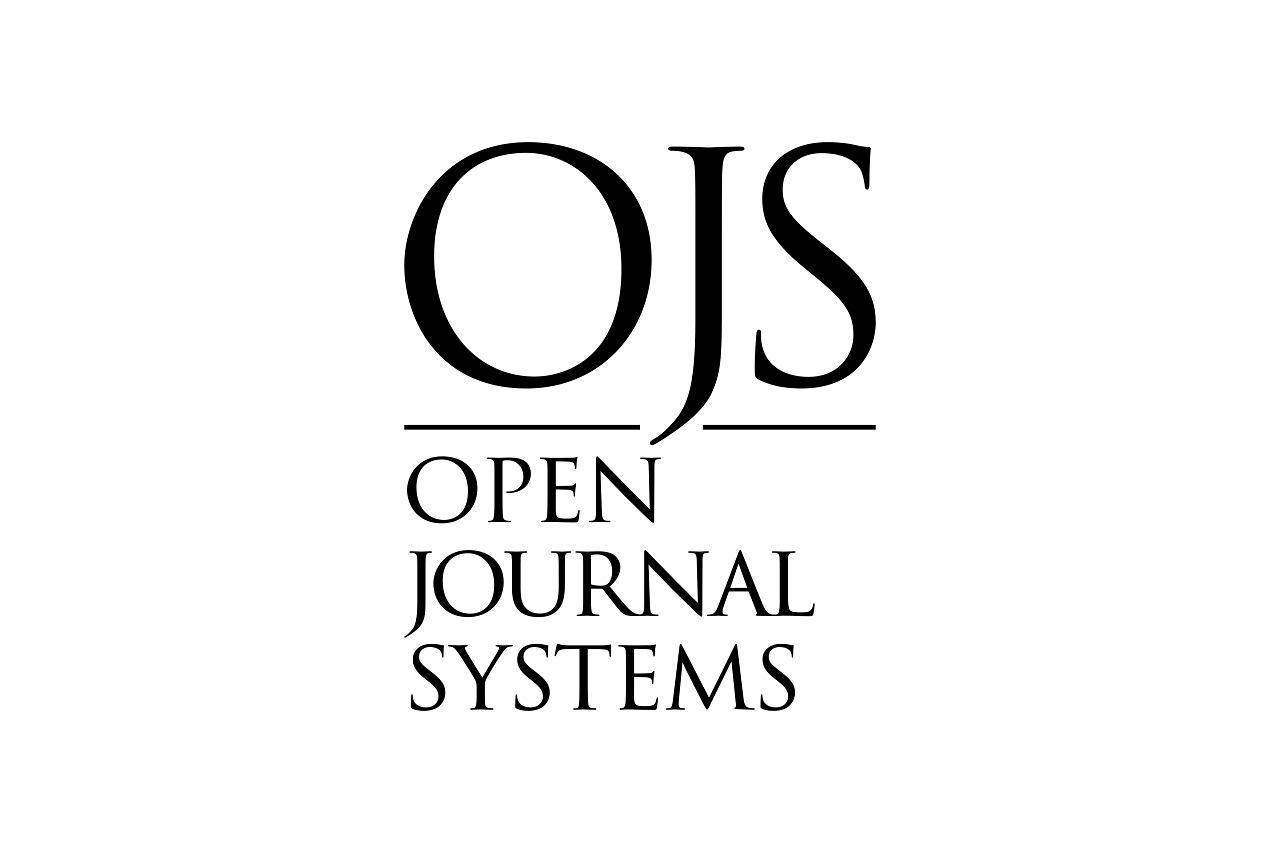ЕУРОПАЛЫҚ ТӘЖІРИБЕ НЕГІЗІНДЕ ЦИФРЛАНДЫРУ ЖАҒДАЙЫНДА МЕКТЕП БІЛІМІН ДАМЫТУ СТРАТЕГИЯСЫН ТАЛДАУ
DOI:
https://doi.org/10.52123/1994-2370-2025-1504Кілт сөздер:
государственное управление, образование, децентрализация, стратегии планирования, школьное образование, сравнительный анализ, цифровизация, европейский опытАңдатпа
Цифрландыру жағдайында, әлеуметтік‑экономикалық қайта құрылымсыз және адами капитал саласындағы бәсекелестікті күшейтпей, мектептегі білім беруді тиімді стратегиялық жоспарлау — жаңа ұлттық жүйелердің дамуының негізіне айналады. Бұл зерттеу Қазақстандағы көрсеткіштерді қалыптастыру мақсатында Финляндия, Ұлыбритания, Германия, Италия және Литва сияқты Еуропаның жетекші елдеріндегі мектептегі білім беруді жоспарлау стратегиясын салыстырмалы талдауға негізделген. Зерттеу аясында PISA, OECD Education at a Glance сияқты халықаралық білім сапасын бағалау бағдарламаларының, сондай‑ақ орталықсыздандыру мен цифрландыруға бағытталған саясаттардың үлгілері қарастырылады. Зерттеудің мақсаты — халықаралық білім беру жоспарлауда тиімді стратегиялар мен модельдерді анықтау және олар негізінде Қазақстанда сапалы білім саясатын қамтамасыз етуге арналған практикалық ұсыныстар әзірлеу. Мақалада білім беруді жоспарлаудың негізгі бағыттары мен еуропалық елдердің нормативтік-құқықтық құжаттары талданады. Нәтижесінде Еуропа мен Қазақстан мектептерінде білім беруді жоспарлаудың ұқсастықтары жүйеленіп, оларға стратегиялар әзірленді. Зерттеу орталықсыздандыруды күшейту, икемді білім беру траекторияларын дамыту, сыртқы ортаға ашықтық пен бейімделуді арттыру, сонымен қатар бизнестің жоспарлау процесіне қатысу қажеттілігі туралы қорытындылар келтіреді. Зерттеудің маңыздылығы — әлемдік озық тәжірибелер мен ұлттық ерекшеліктерді ескере отырып, Қазақстандағы мектеп білімін басқару стратегиясын жетілдіруге ғылыми негізделген ұсыныстар беруінде.
 : 1586
: 1586
 : 0
: 0
Сілтемелер
AT THE OECD. (2022). Educational policy perspectives until 2022: changing approaches to lifelong learning. Paris: OECD Publishing House. https://www.oecd.org/education/education-policy-outlook/
The OECD. (2019). PISA 2018 Results (Volume I): What students know and can do. Paris: OECD Publishing House. https://www.oecd.org/pisa/publications/pisa-2018-results.htm
The World Bank. (2021). Improving the quality of education in Central Asia. Washington, DC: World Bank Group. https://documents.worldbank.org/
UNESCO. (2023). Global Education Monitoring Report for 2023: Technology in education – a tool on whose terms? Paris: UNESCO. https://www.unesco.org/reports/global-education-monitoring-report
The European Commission. (2020). Digital Education Action Plan (2021-2027): Adapting education and training to the digital age. Brussels: European Commission. https://education.ec.europa.eu
The Government of Kazakhstan. (2019). The State Program for the development of education and Science for 2020-2025. Nur Sultan. https://adilet.zan.kz/rus/docs/P1900000988
Ministry of Education and Science of Lithuania. (2021). The Education Development Program for 2021-2030. Vilnius. https://www.smm.lt
Ministry of Education and Culture of Finland. (2021). Education and research for 2021-2030: A development plan. Helsinki. https://okm.fi/en
The British Ministry of Education. (2016). Improving the quality of education worldwide: An official document. London. https://www.gov.uk/government/publications/educational-excellence-everywhere
MIUR (Italy). (2015). National Digital Piano. Rome. https://www.miur.gov.it/web/guest/scuola-digitale
Minister of Culture (KMK, Germany). (2016). Publication in digitalen Welt magazine. Bonn. https://www.kmk.org
Sahlberg, P. (2021). Finnish Language Lessons 3.0: What can the world learn from the changes in education in Finland? New York: Teachers College Publishing House.
Barber M., Donnelly K., Rizvi S. (2012). Oceans of innovation: The Atlantic, the Pacific, global leadership, and the future of education. London: Institute for Public Policy Research. https://www.ippr.org/publications/oceans-of-innovation
Schleicher A. (2018). World Class: How to build a 21st century school system. Paris: OECD Publishing House.
The Republic of Kazakhstan. (2007). The Law on Education, No. 319-III, was adopted on July 27, 2007. https://adilet.zan.kz/rus/docs/Z070000319_
The Constitution of Finland. (1999). Section 16: Rights to education. https://www.finlex.fi/en/laki/kaannokset/1999/en19990731
The British Parliament. (1996). The Education Act of 1996. https://www.legislation.gov.uk/ukpga/1996/56/contents
The Italian Parliament. (2015). Legal aid: Law No. 107/2015. https://www.normattiva.it/
The Republic of Lithuania. (1991). The Law on Education, No. I-1489. https://e-seimas.lrs.lt/
The OECD Library. (n.d.). Database on education. https://www.oecd-ilibrary.org/education
The World Bank. (n.d.). A systematic approach to improving educational outcomes (SABER). https://saber.worldbank.org/
UNESCO Institute of Statistics. (n.d.). Educational data portal. http://uis.unesco.org/
The Hechinger report. (New York). What The 2018 PISA International Ranking Tells Us About US Schools. https://hechingerreport.org/what-2018-pisa-international-rankings-tell-us-about-u-s-schools/
National Education Association. (n.d.) PISA 2018: Insignificant progress in the USA – What do the results really say? https://www.nea.org/nea-today/all-news-articles/pisa-2018-slight-us-progress-what-do-results-really-tell-us
The OECD. (2023). PISA 2022 results (Volume I). https://www.oecd.org/en/publications/pisa-2022-results-volume-i_53f23881-en.html
Business insider. (2016). PISA World Ranking in Mathematics, Science and Reading skills. https://www.businessinsider.com/pisa-worldwide-ranking-of-math-science-reading-skills-2016-12
keeper. (2013). PISA results: Which country has the best students in reading, mathematics, and science? https://www.theguardian.com/news/datablog/2013/dec/03/pisa-results-country-best-reading-maths-science
Statistics. Finland: The share of government spending on education in GDP. https://www.statista.com/statistics/530295/finland-share-of-public-expenditure-on-education-in-the-gdp/
Statistics. (New York). Great Britain: The share of education spending in GDP. https://www.statista.com/statistics/302002/uk-education-spending-as-a-share-of-gdp/
Statistics. Italy: Education expenditures as a percentage of GDP. https://www.statista.com/statistics/646506/education-spending-as-share-of-gdp-in-italy/
Statistics. Germany: Spending on education as a percentage of GDP. https://statbase.ru/data/deu-education-expenditure-share-of-gdp/
Government database. (n.d.) Lithuania: The share of education expenditures in GDP. https://statbase.ru/data/ltu-education-expenditure-share-of-gdp/
##submission.additionalFiles##
Жарияланды
Дәйексөз келтіру үлгісі
Журналдың саны
Бөлім
Лицензия
Авторлық құқық (c) 2025 Жанель Бегалиева, Ларри Ката Бэкер

Берілген жұмыс келесілерге сәйкес лицензияланады Creative Commons Attribution-NonCommercial-NoDerivatives 4.0 International License.
























